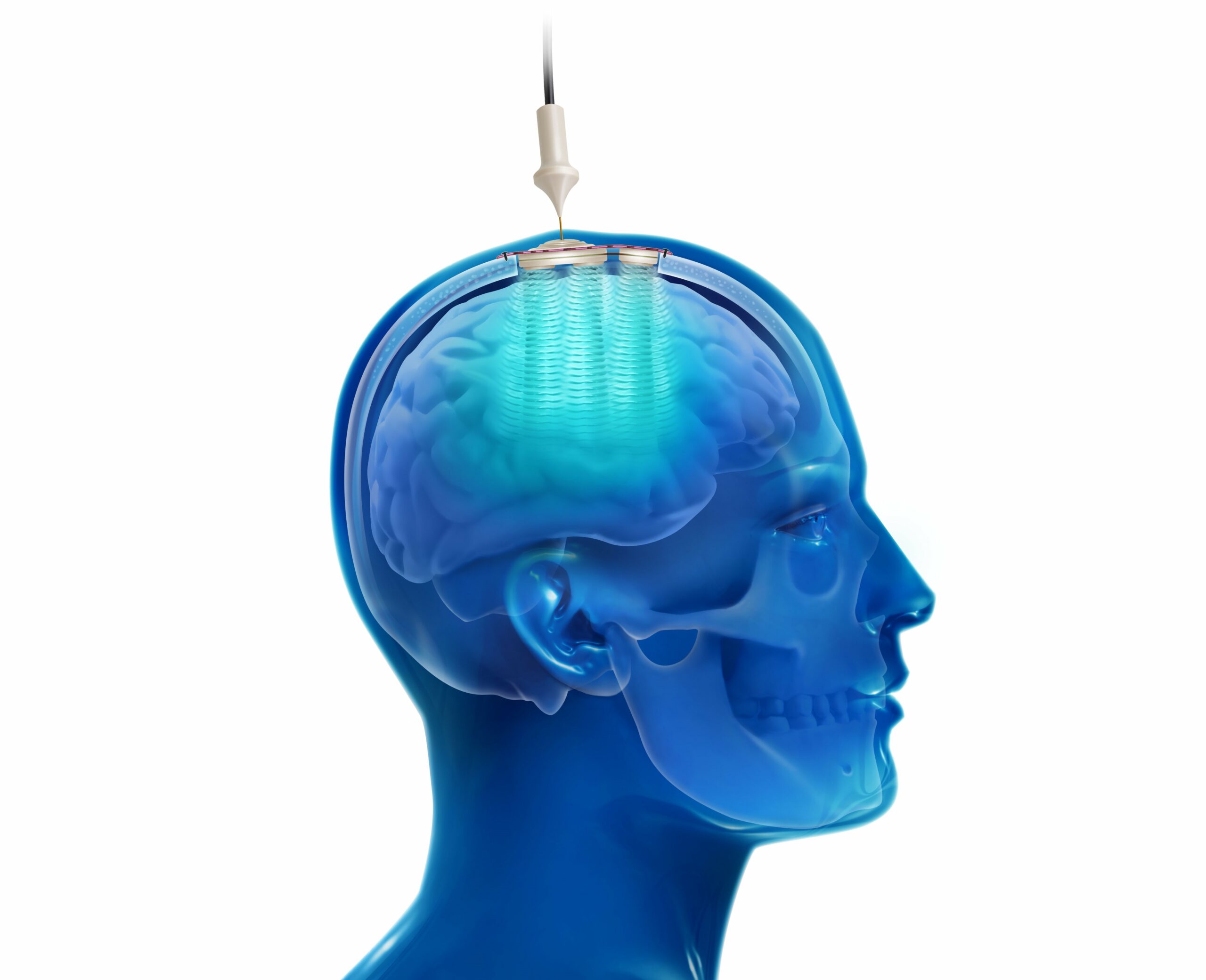Share this post:

Mataró, Barcelona, Spain and Charleroi, Belgium, February 27, 2019 – Minoryx Therapeutics, a company specializing in the development of new drugs for orphan diseases, today announces that it has received approval from the Spanish Agency of Medicines and Medical Devices (AEMPS) to launch a phase 2 clinical trial in Friedreich’s Ataxia with its lead candidate, MIN-102.
The company is also proud to announce the appointment of two key opinion leaders to its scientific advisory board, Dr. Massimo Pandolfo, director of the Laboratory of Experimental Neurology at the Université Libre de Bruxelles, and Dr. Fanny Mochel, group leader at the Brain and Spine Institute of La Pitié-Salpêtrière University Hospital in Paris (ICM).
The phase 2 trial, FRAMES, is expected to start patient enrollment in the coming weeks in the Hospital La Paz (Madrid), lead by Dr. Francisco Javier Rodríguez de Rivera. The company is also working to open additional sites at medical institutions in Belgium, Germany and France. The upcoming trial is designed to be double-blind and placebo-controlled with the aim of assessing the efficacy and safety of MIN-102 in Friedreich’s Ataxia patients. It will enroll 36 patients aged 12 years or older.
MIN-102 is a novel, orally bioavailable and selective PPAR gamma agonist with a superior profile for central nervous system-related diseases and good in-vivo efficacy. MIN-102 is also in a phase 2/3 clinical trial for the treatment of adrenomyeloneuropathy (AMN), the most common phenotype of X-linked Adrenoleukodystrophy (X-ALD).
“We are pleased to have received approval for the launch of our phase 2 trial for Friedreich’s Ataxia with our lead candidate, MIN-102,” said Dr. Uwe Meya, chief medical officer at Minoryx. “We believe our drug candidate may address the high unmet medical need in multiple rare CNS diseases.”
“The FRAMES trial design uses meaningful endpoints that were developed using state of the art knowledge of the disease and its natural progression,” said Professor Alexandra Durr, principal investigator at the Brain and Spine Institute of La Pitié-Salpêtrière University Hospital (ICM), Paris, and co-ordinator of the upcoming study. “I welcome this approach to provide an awaited treatment option for our patients with the potential to influence disease progression.”
As part of the company’s expansion into this indication, two experts in clinical neurology are joining Minoryx’s scientific advisory board:
Doctor Massimo Pandolfo is professor of neurology and director of the Laboratory of Experimental Neurology at the Université Libre de Bruxelles (ULB) in Brussels, Belgium. He is a fellow of the American Academy of Neurology (AAN) and of the European Academy of Neurology (EAN) and former president of the Belgian Neurological Society. He has published over 200 peer-reviewed articles in neurogenetics and clinical neurology. Dr. Pandolfo led the team that identified the Friedreich’s Ataxia (FRDA) gene in 1996 and has since been at the forefront of basic, translational and clinical research on FRDA. He is the coordinator of the European Friedreich’s Ataxia Consortium for Translational Studies (EFACTS). In addition to his seminal work on FRDA, Dr. Pandolfo has provided many important contributions to the general field of neurogenetics. He has been involved in multi-investigator translational programs and a principal investigator on several clinical trials. Dr. Pandolfo’s current research focuses on dissecting the pathogenesis of inherited Ataxias and on the development of small molecule and gene therapy-based approaches for the treatment of FRDA and other neurodegenerative diseases. Dr. Pandolfo obtained his medical degree from the University of Milan, Italy, where he also completed his residency in neurology. At the start of his career he was assistant professor of neurology at the National Neurological Institute C. Besta in Milan and at Baylor College of Medicine in Houston, TX, then associate professor at the Université de Montréal and adjunct professor at McGill University.
Doctor Fanny Mochel is an associate professor of genetics at the University Pierre and Marie Curie (UPMC). She received her MD in genetics in 2005 at the University Paris Descartes and her PhD in neuroscience in 2010 at UPMC. Dr. Mochel leads the French reference center on neurometabolic diseases in adults and runs a neurometabolic research group at the Brain and Spine Institute of La Pitié-Salpêtrière University Hospital in Paris. She is co-chair of the French society for inborn errors of metabolism in adults and a council member of the Society for the Study of Inborn Errors of Metabolism. Dr. Mochel has developed robust magnetic resonance methodologies for assessment of brain metabolism. Her team has developed a unique expertise in the study of metabolic regulation in patients, both in the periphery and in the brain, combining metabolomics on body fluids and in vivo nuclear magnetic resonance spectroscopy. Likewise, Dr Mochel has identified biomarkers reflecting metabolic dysfunction in neurodegenerative diseases such as Huntington disease that can be corrected by drugs targeting the Krebs cycle, also called anaplerotic therapies. She has conducted similar biomarkers studies in patients with spinocerebellar ataxia type 1-2-3 and 7 and used novel methods of multimodal integration to model disease progression. Her team is currently applying a unique combination of structural (i.e. fiber tracking using fixel-based analysis), functional (i.e. resting state functional MRI using novel whole-brain network estimation method) and metabolic (i.e. highly standardized 1H and 31P magnetic resonance spectroscopy) imaging in neurogenetic (e.g. Huntington’s disease) and neurometabolic (e.g. adrenomyeloneuropathy) diseases in order to further characterize and treat metabolic dysfunction in disorders affecting the nervous system.
About Friedreich’s Ataxia
Friedreich’s Ataxia is a rare genetic disease characterized by loss of coordination and muscle strength resulting from the degeneration of nerve tissue in the spinal cord and damage of the nerves that control muscle movement. Symptoms range from the inability to coordinate movements to gait instability with imbalance, muscle weakness and tremors. Patients lose their ability to stand, sit and walk within 10 – 15 years of onset. Friedreich’s Ataxia reduces life expectancy and becomes fatal, mainly due to cardiac failure. Friedreich’s Ataxia is caused by a genetic defect which affects male and female children alike and is passed down as a recessive trait. It affects approximately 1 in 40,000 people. Currently there is no known cure, only treatments addressing symptoms.
About MIN-102
MIN-102 is a novel, brain penetrant, orally bioavailable and selective PPAR gamma agonist, able to engage the target receptor at the levels required for efficacy within the CNS. It showed robust preclinical proof of concept in animal models of multiple diseases modulating pathways leading to mitochondrial dysfunction, oxidative stress, neuroinflammation, demyelination and axonal degeneration. MIN-102 has the potential to treat several CNS conditions including orphan diseases such as X-ALD and Friedreich’s Ataxia. A phase 1 clinical study was successfully completed confirming that MIN-102 is well tolerated and is able to cross the blood brain barrier and engage PPAR gamma within the CNS at an equivalent level as in preclinical studies. MIN-102 has received Orphan Drug Designation for the treatment of X-ALD in both the EU and the US.
About Minoryx Therapeutics
Minoryx is a clinical stage biotech company leading the development of new therapies for orphan CNS diseases with a high unmet medical need, such as X-ALD and Friedreich’s Ataxia. The company’s lead program is MIN-102. The Minoryx team is made up of a group of drug discovery and development experts with several decades of experience in biotech and pharma. The company is backed by a syndicate of experienced investors and has support from a network of other organizations. Minoryx was founded in 2011 and has operations both in Spain and Belgium. It has raised a total of €50M.





